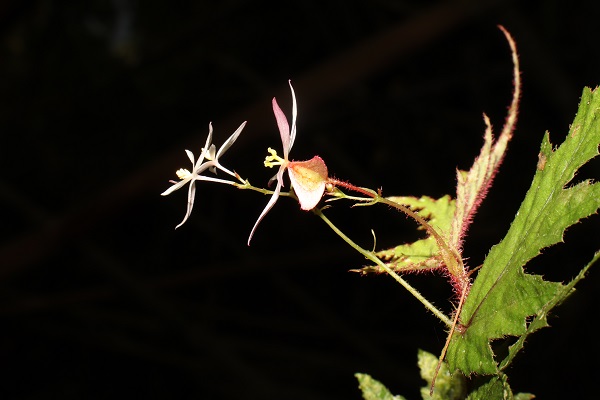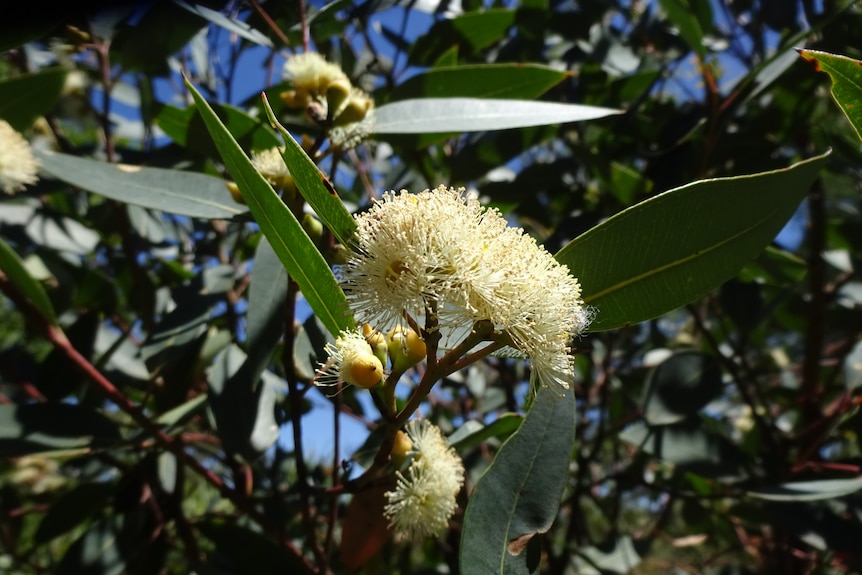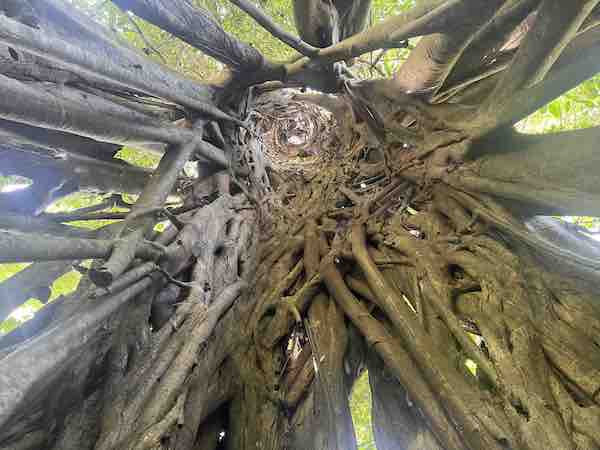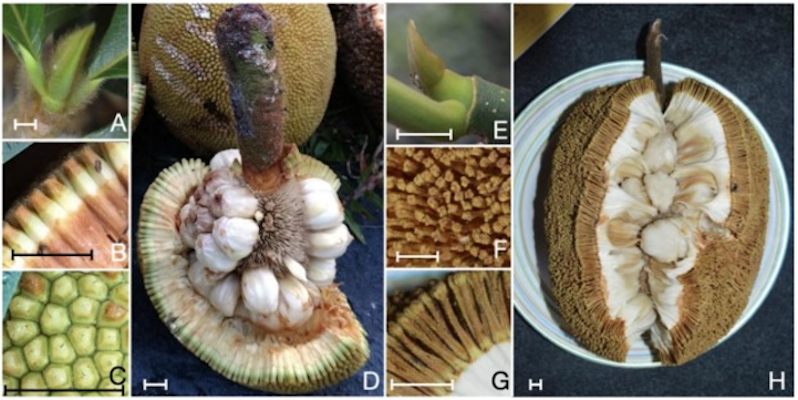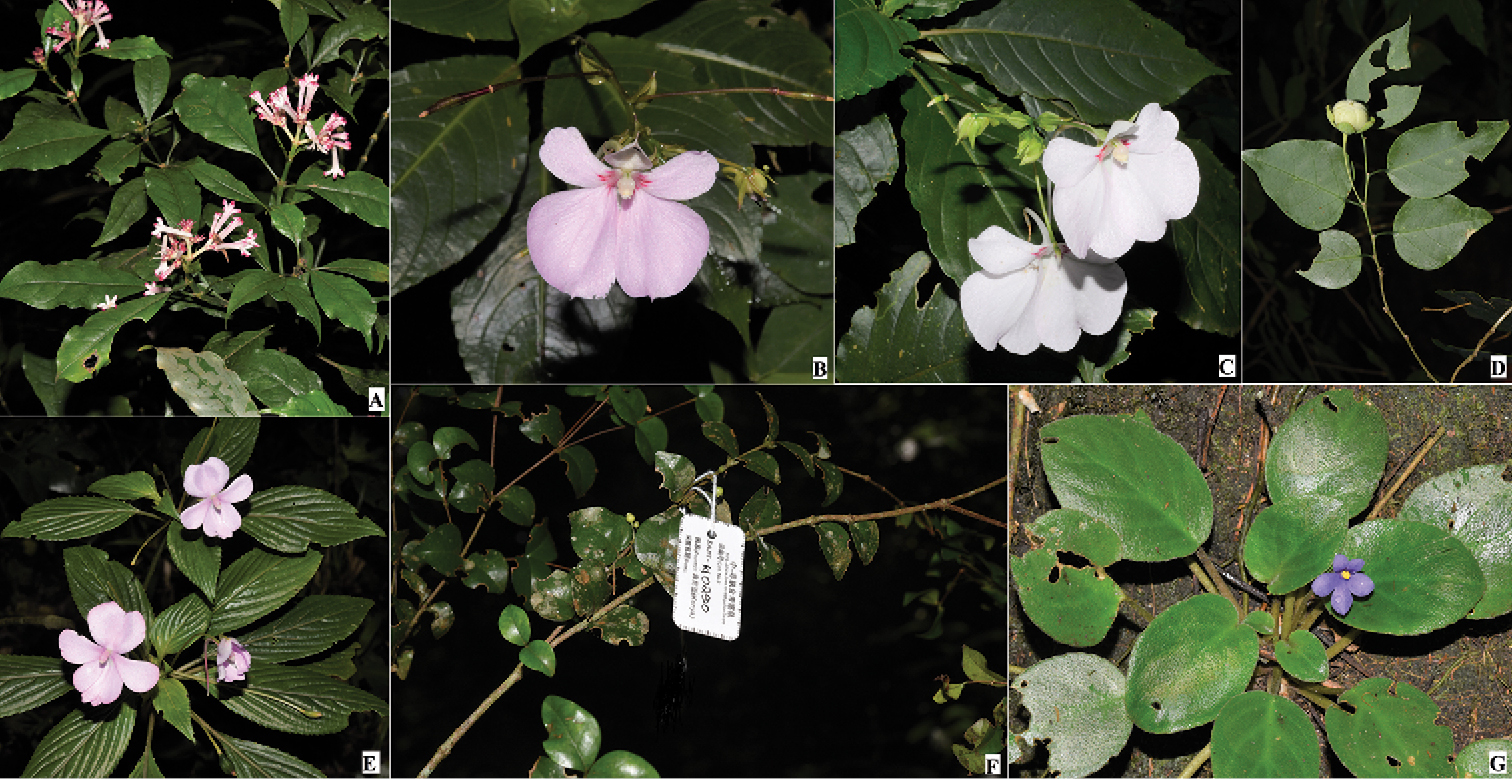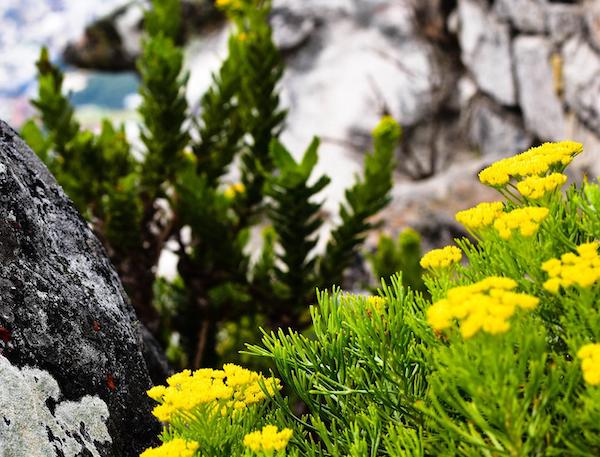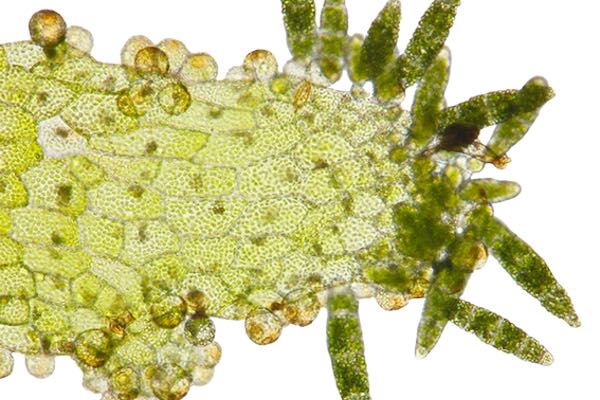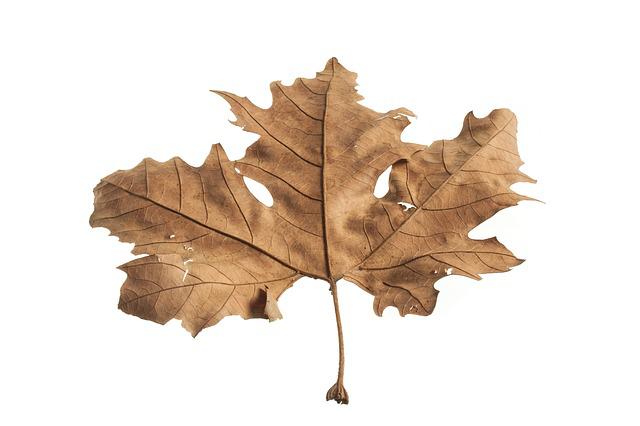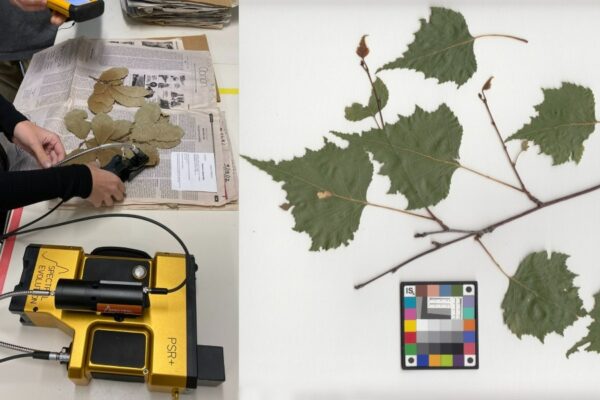
Until now, the only way to learn about these traits from herbarium collections has required destroying bits of the precious specimens. But now researchers have developed a fast, nondestructive way of estimating the functional traits of herbarium specimens. The research, offers ecologists a powerful new tool for using biological collections to understand how plant communities change over time, providing insights into how we might best keep ecosystems healthy in the future.



